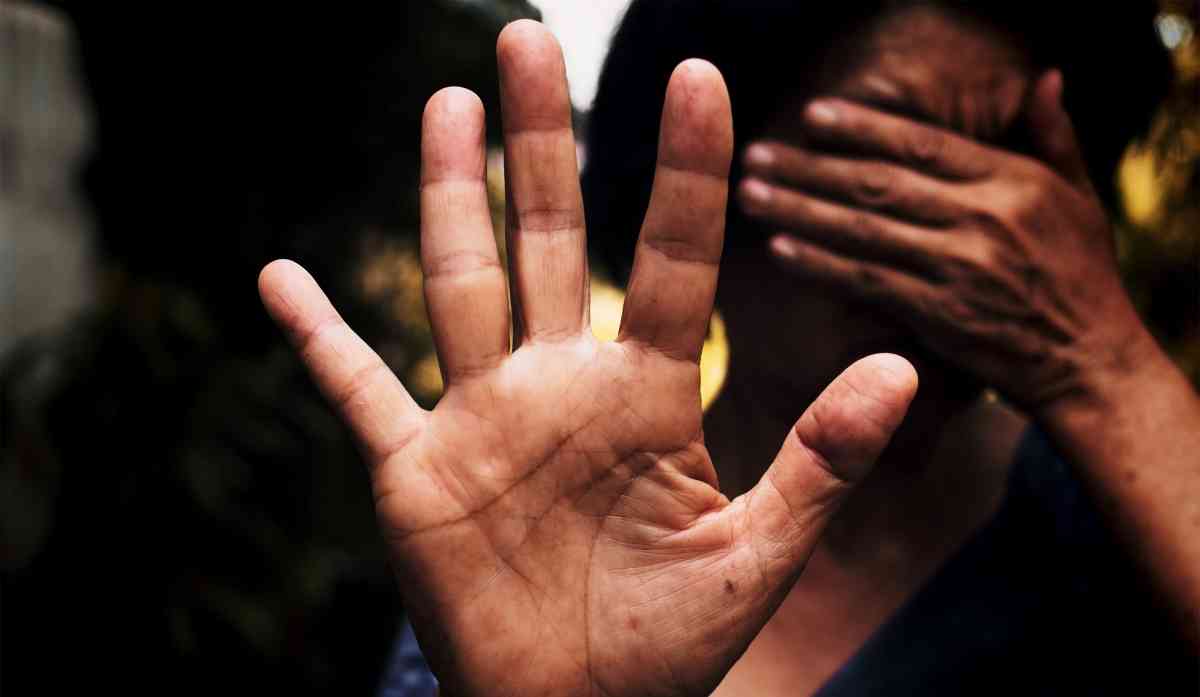
IN yesterday’s edition, NewsDay reported that 31 deaths attributed to gender-based violence (GBV) have been recorded since the beginning of the year amid a surge in new cases.
Last year, GBV claimed 26 lives, all females.
“In the year 2022, we had 26 females who were killed by their partners. This year, we have 31 killed,” national police spokesperson Assistant Commissioner Paul Nyathi said on Tuesday.
Men were cited as the major perpetrators.
“From January to October 2023, we received about 16 444 cases where females have been abused and 2 463 cases where men have been abused. So basically, the girl child and females are victims of violence,” Nyathi said.
These statistics are worrying and should jolt authorities into action.
This comes as data showed that one in three women in Zimbabwe has experienced physical violence and one in four women has experienced sexual violence since the age of 15.
These gory statistics should galvanise us into daily conversations instead of making noise at the end of each year during the 16 Days of Activism Against Gender-Based Violence.
- Churches best positioned to deal with GBV
- The style interview: Tozeza Baba addresses gender-based violence
- Traditional leaders should front GBV fight
- GBV survivors share horrific stories
Keep Reading
Women Affairs minister, Monica Mutsvangwa, recently said the government remained committed to preventing and reducing violence against women and girls, adding that there was a review underway on the national strategy for preventing and addressing GBV. The strategy is expected to be launched this month, she said.
That commitment alone is not enough amid a surge in deaths and cases. Action is required now, more than before to tackle the scourge. Children raised in a violent family will believe that it is normal for couples to fight.
Non-governmental organisations must escalate the issue with government and provide training on what constitutes GBV and the reporting mechanism.
Zimbabwe has legislation which it is not enforcing.
The Domestic Violence Act (Chapter 5:16) which was enacted in 2007 and deals with all forms of violence such as physical, sexual, economic and emotional abuse.
The Act provides protection and relief to survivors of domestic violence and seeks to protect women, and criminalises domestic violence and such acts as abuse derived from any cultural or customary rites or practices that discriminate or degrade women.
These practices include virginity testing, female genital mutilation, pledging of women and girls for purposes of appeasing spirits, abduction, child marriages, forced marriages and forced wife inheritance.
Those that are violating the legislation should be brought to book if Zimbabwe is to eliminate all forms of violence against women and girls by 2030.
The law must be enforced without fear or favour if we are to entertain prospects of ending the scourge.
Tough decisions must be made today to create a violence-free future.







